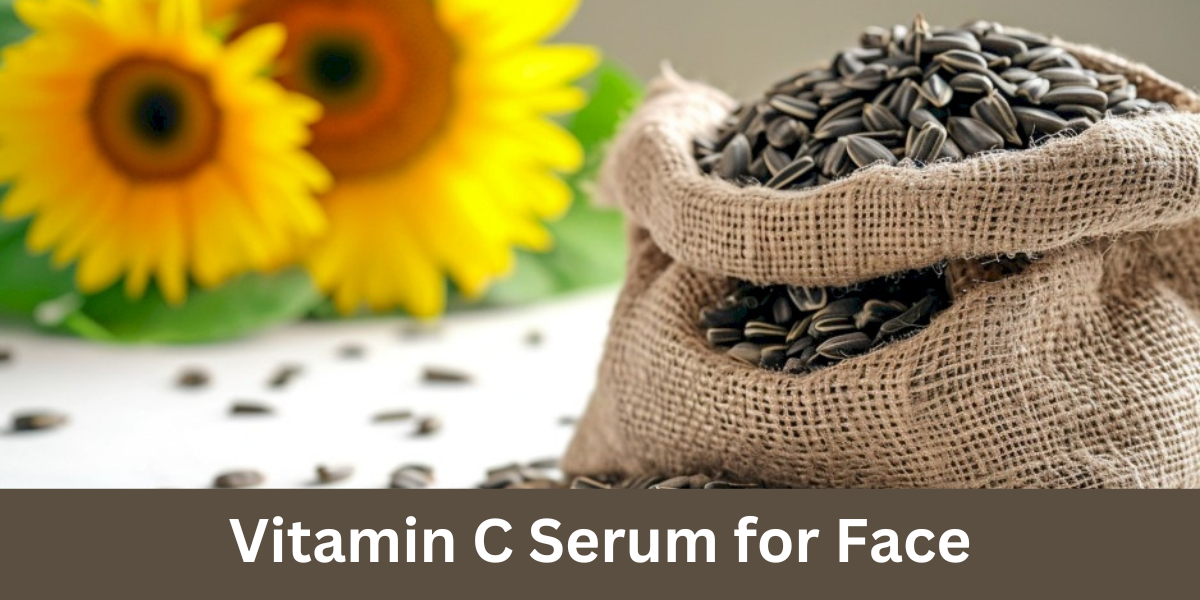Sunflower Seeds Benefits: A Nutritional Powerhouse for Health and Wellness

Sunflower seeds are more than just a tasty snack—they’re a nutrient-packed superfood that offers an array of health benefits. Whether you’re sprinkling them on salads, blending them into smoothies, or enjoying them as a standalone snack, sunflower seeds are an excellent addition to a balanced diet.
In this comprehensive guide, we’ll explore the Sunflower Seeds Benefits, their nutritional profile, and how they can positively impact your overall health.
What Are Sunflower Seeds?
Sunflower seeds come from the sunflower plant (Helianthus annuus). They are the edible fruit of the flower, harvested and hulled for consumption. The seeds are encased in a black-and-white striped shell and have a mild, nutty flavor that complements various dishes.
There are two main types of sunflower seeds:
- Oilseed Sunflower Seeds – Used primarily for extracting sunflower oil.
- Non-Oilseed Sunflower Seeds – Consumed as snacks or added to recipes.
Nutritional Profile of Sunflower Seeds
Sunflower seeds are a nutrient-dense food, offering a wealth of vitamins, minerals, and healthy fats. A 1-ounce (28-gram) serving of hulled sunflower seeds contains:
- Calories: 165
- Protein: 5.5 grams
- Fat: 14 grams (including 9 grams of heart-healthy polyunsaturated fats)
- Carbohydrates: 6 grams
- Fiber: 3 grams
Key nutrients include:
- Vitamin E: 37% of the Recommended Daily Intake (RDI)
- Magnesium: 28% of the RDI
- Selenium: 32% of the RDI
- Folate: 17% of the RDI
- Phosphorus: 20% of the RDI
Top Sunflower Seeds Benefits
1. Rich in Antioxidants
Sunflower seeds are loaded with antioxidants, including vitamin E, which helps combat free radicals in the body. This reduces oxidative stress, potentially lowering the risk of chronic diseases like cancer and heart disease.
2. Supports Heart Health
The high levels of unsaturated fats, magnesium, and phytosterols in sunflower seeds contribute to heart health by:
- Reducing bad cholesterol (LDL) levels.
- Improving good cholesterol (HDL) levels.
- Supporting healthy blood pressure.
3. Boosts Immune Function
Sunflower seeds are an excellent source of selenium and zinc, both of which are essential for a robust immune system. These nutrients help fight infections and promote faster recovery from illnesses.
4. Promotes Healthy Skin
Thanks to their high vitamin E content, sunflower seeds can keep your skin hydrated, reduce inflammation, and protect against sun damage. They also contain fatty acids that maintain skin elasticity and prevent dryness.
5. Enhances Brain Function
Magnesium and B vitamins in sunflower seeds are vital for brain health. Magnesium helps regulate neurotransmitters, while B vitamins like folate support cognitive function and reduce the risk of neurological disorders.
6. Aids in Digestion
Sunflower seeds are a good source of dietary fiber, which promotes healthy digestion, prevents constipation, and supports gut health.
7. Balances Blood Sugar Levels
The combination of fiber, protein, and healthy fats in sunflower seeds slows the release of sugar into the bloodstream, helping to stabilize blood sugar levels and prevent spikes.
8. Supports Bone Health
Phosphorus, magnesium, and calcium in sunflower seeds work together to strengthen bones and reduce the risk of osteoporosis.
9. Reduces Inflammation
Sunflower seeds contain anti-inflammatory compounds, such as flavonoids and vitamin E, which can help alleviate symptoms of inflammatory conditions like arthritis.
10. Aids in Weight Management
Although calorie-dense, sunflower seeds can be a valuable addition to a weight-loss diet when consumed in moderation. Their high protein and fiber content keep you full longer, reducing overeating.
How to Incorporate Sunflower Seeds Into Your Diet
Enjoying the Sunflower Seeds Benefits is easy due to their versatility:
- As a Snack: Eat them raw or roasted for a quick, satisfying snack.
- In Salads: Sprinkle them on top of green salads for added crunch and nutrition.
- In Smoothies: Blend them into smoothies to boost protein and healthy fat content.
- In Baking: Use them in bread, muffins, or granola recipes.
- As a Topping: Add them to yogurt, oatmeal, or avocado toast.
- In Trail Mix: Combine sunflower seeds with nuts, dried fruits, and dark chocolate for a nutrient-packed trail mix.
Raw vs. Roasted Sunflower Seeds
Raw Sunflower Seeds
- Retain their natural flavor and nutrients.
- Ideal for those seeking maximum health benefits.
- Can be added directly to recipes or eaten plain.
Roasted Sunflower Seeds
- Have a richer, nuttier flavor.
- May contain added salt or oils, so choose unsalted, dry-roasted varieties for a healthier option.
Precautions and Side Effects
While sunflower seeds provide numerous Sunflower Seeds Benefits, moderation is key:
- Calorie Content: Overeating sunflower seeds can lead to weight gain due to their high-calorie content. Stick to a serving size of about 1 ounce (28 grams).
- Allergies: Some individuals may be allergic to sunflower seeds, experiencing symptoms like itching, swelling, or difficulty breathing.
- Sodium Levels: Flavored or salted sunflower seeds may contain high levels of sodium, which can contribute to high blood pressure. Opt for unsalted varieties when possible.
- Phytates: Sunflower seeds contain phytates, which can interfere with mineral absorption. Soaking or roasting the seeds can help reduce phytate levels.
Conclusion
The Sunflower Seeds Benefits are undeniable, making them a valuable addition to any diet. From boosting heart health and immunity to supporting skin and brain function, sunflower seeds offer a wide range of advantages for your overall well-being.
By incorporating sunflower seeds into your meals, you can enjoy their delightful taste while reaping their numerous health benefits. Always consume them in moderation and opt for high-quality, unsalted options for the best results.
Start incorporating sunflower seeds into your daily routine today and unlock the incredible potential of this nutritional powerhouse!
Read More Blogs:)


